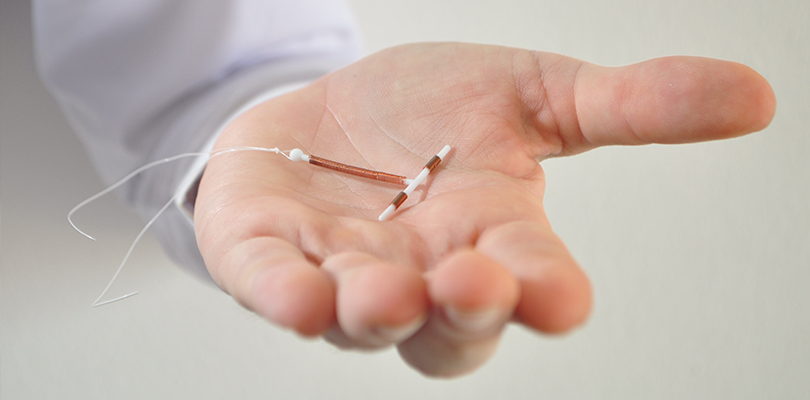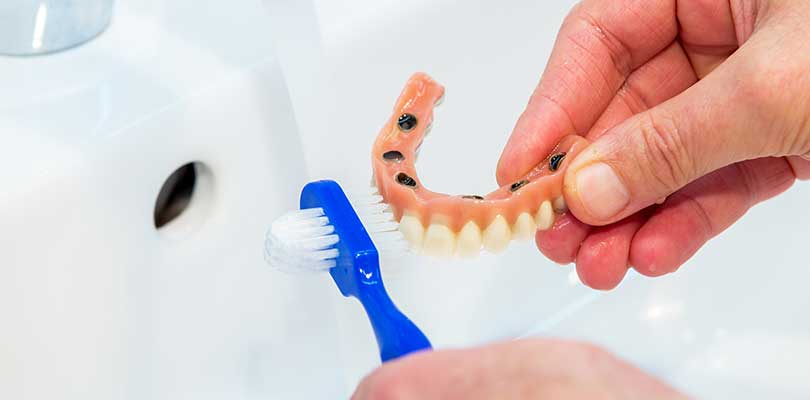Is an IUD the Right Birth Control for You?
With so many birth control options out there, you may wonder what one is best for you. You may have heard from your physician about IUD (intrauterine device) as a highly effective birth control.
In order to know if an IUD is right for you, there is information you need know, from what an IUD is, how it works, to the pros and cons of the contraceptive option.
What Is an IUD?
An IUD is a small plastic device that your doctor or other qualified health care provider implants into your uterus.
There are two types of IUDs: copper IUDs and hormonal IUDs.
IUDs change the lining of the uterus so that a fertilized egg is less likely to implant successfully. A hormonal IUD will last for three to five years, while the copper type is active for up to 10 years.
Insertion, Care, and Removal of an IUD
The procedure is performed in an office or clinic setting, the health care provider uses a device similar to a tampon applicator to insert the IUD. The procedure only takes a few minutes to complete.
It is important to know that you may experience brief cramping, spotting, and minor discomfort for a couple of days after the IUD is inserted.
You need to feel the tail in your vagina to make sure that the IUD remains in place after each menstrual period. Checking, however, is easy. The IUD has a tail that you can check to make sure that it remains in place. Your health care provider will teach you how.
When you choose to have the IUD taken out, removal is quick. Your health care provider will remove it. Removal is often painless; however minimal, transient discomfort may arise.
Who Can Use an IUD?
- IUDs are used by women who do not want to become pregnant
- Women who have previously given birth vaginally benefit most by using IUDs
- Avoiding hormones is important while breast feeding. The copper IUD is a hormone free option choice for nursing mothers.
- Women who have had unprotected sex and desire emergency contraception can choose to have an IUD inserted within five days of sexual activity if they want to continue using the IUD as a birth control method
Even though OCD results in obsessions and compulsions, there are different types of OCD with varying symptoms. Learn more here.
Who Can't Use an IUD?
- The IUD is not the best form of birth control for teens, women who have large or unusually shaped uteruses or have multiple sex partners.
- Women with a history of cervical cancer, uterine cancer and breast cancer should not use hormonal IUDs
- Women who have a pelvic infection or who have had one following abortion, miscarriage, or pregnancy in the three months before the desired insertion date should not have an IUD placed
Why Should I Consider Using an IUD?
- The IUD is up to 99% effective.
- You do not have to remember to take birth control pills every day.
- If you do not want to expose your body to synthetic hormones, the copper IUD is a highly effective method of birth control.
- You can have sex when the mood strikes without worrying about becoming pregnant or fumbling with barrier methods of birth control.
- IUDs are economical. Many public and private health insurance companies cover the cost of IUDs, insertion and removal.
- You have the option of using an IUD for years or just for a short time.
Concerns Related to IUD Use
Some women experience a heavier menstrual flow when using the copper IUD while the hormonal IUD prevents cramping and lessons the menstrual flow.
- If the IUD is dislodged, pregnancy may occur. It is most likely to become dislodged if implanted immediately after pregnancy, during the first few months of use, or if employed by a woman who has never been pregnant. The rate of becoming dislodged is between two and ten percent. If pregnancy occurs, the IUD must be removed as it can cause miscarriage or a premature birth to happen.
- IUD users have a higher than average chance of having a nonviable tubal or ectopic pregnancy if the copper IUD is used. Should an ectopic pregnancy occur, the pregnancy and sometimes the fallopian tube needs to be removed.
- The hormonal IUD may reduce menstrual flow and cramps. Some women do not have menstrual periods while using the hormonal IUD. Hormonal IUDs can minimize the growth of abnormal cells within the uterus, thereby lowering the chances of endometrial cancer development.
- An IUD can puncture the uterus. Puncturing, or perforation most often occurs during insertion. Perforation occurs to about one woman in one thousand.
- A pelvic infection may arise if the organisms are present at the time of insertion.
- Ovarian cysts may develop more frequently among IUD users than among nonusers.







